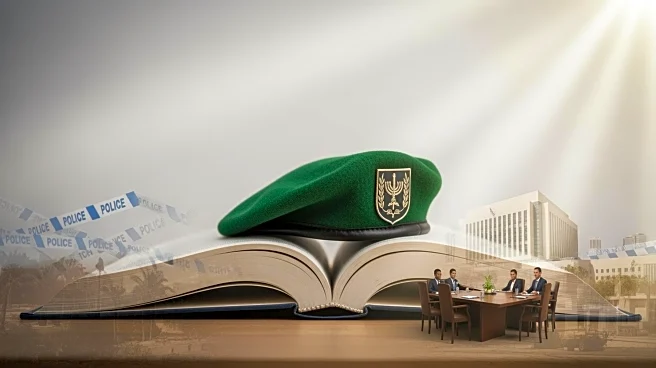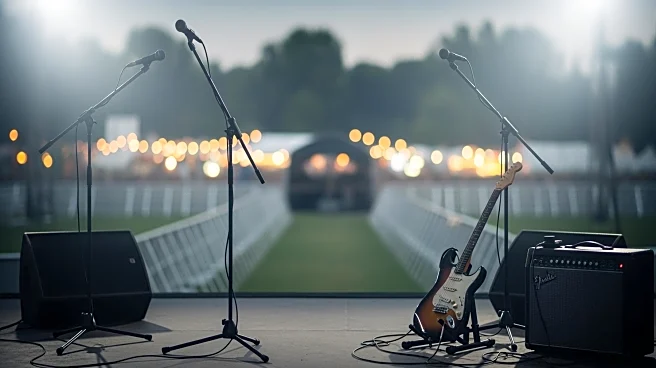What's Happening?
The new academic year in Israel has commenced with 336,350 students returning to universities after two years marked by war and extended reserve deployments. A significant number of students, over 70,000, were called up for prolonged periods, resulting
in substantial academic setbacks and emotional difficulties. A survey conducted by the National Union of Israeli Students reveals that 66% of reservists reported emotional or social challenges upon returning to campus, and 61% experienced significant academic performance declines. Many have sought assistance from their institutions to cope with these challenges.
Why It's Important?
The situation highlights the ongoing impact of military service on the academic and emotional well-being of Israeli students. The war has left a generation grappling with the dual responsibilities of education and national service, often without adequate support systems. This scenario underscores the need for universities and the government to provide comprehensive support to ensure these students can successfully integrate back into academic life. The broader implications include potential disruptions in the educational progress of a significant portion of the student population, which could affect the country's future workforce and economic stability.
What's Next?
Universities are urged to offer long-term psychological and social support to returning soldiers. The Council for Higher Education has recognized the need for flexibility in academic programs to accommodate the unique challenges faced by reservists. This includes adjusting schedules and providing additional resources to help students manage their dual roles effectively. The government and educational institutions are expected to collaborate on developing policies that address these issues and provide necessary aid to affected students.
Beyond the Headlines
The ethical dimension of this situation involves the responsibility of the state and educational institutions to support those who have served the country. The cultural impact includes the potential shift in societal attitudes towards military service and education, as more students face the reality of balancing these commitments. Long-term, this could lead to changes in how military service is integrated into the educational system, potentially influencing policy reforms.

















